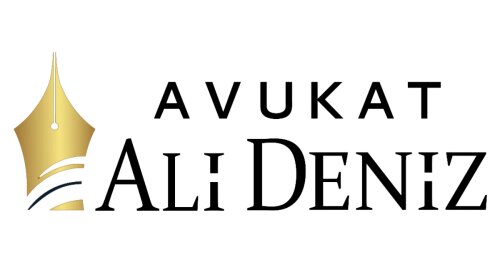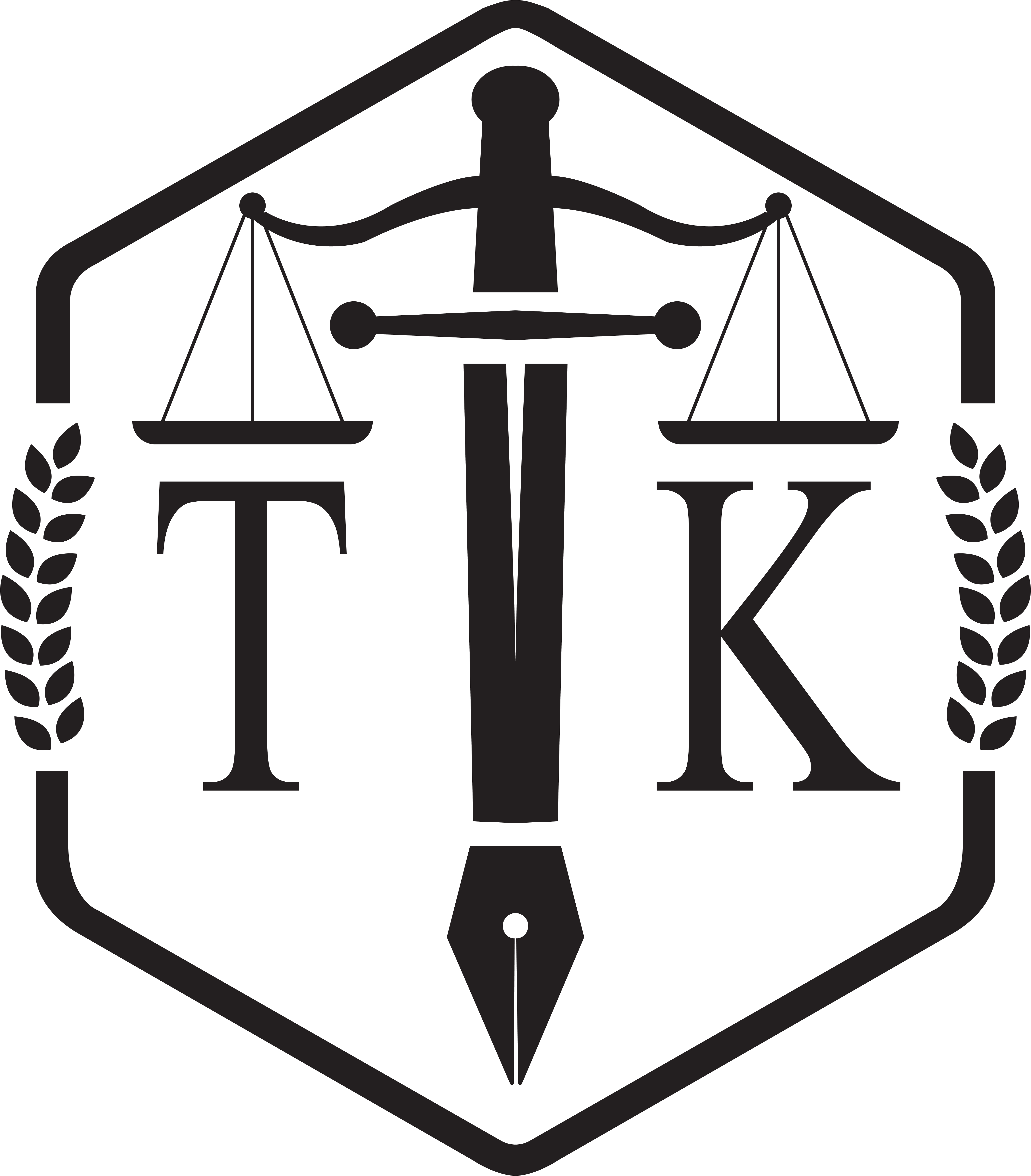Best Trusts Lawyers in Turkey
Share your needs with us, get contacted by law firms.
Free. Takes 2 min.
Or refine your search by selecting a city:
List of the best lawyers in Turkey
About Trusts Law in Turkey
In Turkey, the traditional concept of "trusts" as seen in Anglo-American legal systems is not directly present due to the civil law system in place. Instead, similar legal arrangements can be simulated through contracts and other legal constructs. Trusts primarily relate to the management and protection of estates, property, and wealth. This lack of a direct trust system requires individuals to navigate various alternative mechanisms, such as foundations or fiduciary arrangements, to achieve the results commonly associated with trusts.
Why You May Need a Lawyer
Legal assistance is crucial in navigating the complex landscape surrounding trusts in Turkey. Common situations where you may require legal help include:
- Setting up a fiduciary relationship or alternative to a trust.
- Managing an estate or planning for succession.
- Ensuring compliance with Turkish inheritance laws.
- Resolving disputes among heirs or beneficiaries.
- Cross-border asset management when dealing with international laws and treaties.
- Protection of assets from potential claims or creditors.
Local Laws Overview
The legal framework in Turkey concerning matters akin to trusts involves several key regulations:
- Turkish Civil Code: Governs matters of personal property and inheritance, providing alternative structures to establish arrangements similar to trusts.
- Inheritance Laws: Define compulsory shares and the distribution process, which may impact the structuring of wealth and asset planning.
- Tax Laws: Influence how the transfer and management of assets are taxed, which is crucial in trust-like arrangements.
- Contract Law: Enables the creation of fiduciary relationships and other legal constructs to mimic trust functions.
Frequently Asked Questions
What is the Turkish equivalent of a trust?
There is no direct equivalent of a trust in Turkish law. However, similar arrangements can be created through contracts, fiduciary responsibilities, and foundations.
Can foreigners set up a trust-like arrangement in Turkey?
Yes, foreigners can establish fiduciary arrangements and other legal entities to manage and protect assets in Turkey, often requiring adherence to specific regulations pertinent to foreign ownership and investment.
How can I ensure my estate is managed according to my wishes?
Working with a lawyer to draft a comprehensive estate plan, including living wills or fiduciary arrangements, is essential to ensure your wishes are respected.
Are there compulsory inheritance shares in Turkey?
Yes, Turkish inheritance laws mandate compulsory shares for certain heirs, which can impact the total available assets for discretionary distribution.
What role does a fiduciary play in Turkish law?
A fiduciary acts on behalf of another party to manage assets, similar to a trustee, but requires formal contracts or legal agreements to establish the relationship.
Can assets be protected from creditors in Turkey?
The use of certain legal constructs can offer protection from creditors, but these arrangements need careful legal drafting and adherence to local laws.
Is it possible to set up a charitable foundation in Turkey?
Yes, establishing a foundation is possible but subject to strict regulatory requirements, ensuring alignment with the public benefit and compliance with tax regulations.
How is my estate taxed after my passing?
Estate taxes in Turkey include inheritance tax, which applies to the transfer of property and assets, with rates varying based on the relationship to the deceased and asset value.
Can a will override Turkish compulsory share rules?
Generally, no. The compulsory share rules must be adhered to, although legal advice can sometimes structure arrangements to reduce their impact.
What document do I need for my estate planning in Turkey?
This often includes living wills, power of attorney, trusts (via fiduciary structures), and other contracts relevant to asset management and inheritance planning.
Additional Resources
Consider these resources and organizations for more information on legal advice related to trusts in Turkey:
- Bar Associations, particularly Istanbul and Ankara, for directories of specialized lawyers.
- The Turkish Civil Code for understanding the legal basis of property and inheritance laws.
- The Ministry of Justice for updates on legal reforms affecting estate planning.
- Financial institutions in Turkey offering advisory services on wealth management and fiduciary roles.
Next Steps
If you find yourself in need of legal assistance for trust-like arrangements in Turkey, consider the following steps:
- Research: Begin by familiarizing yourself with basic concepts and local laws concerning asset management in Turkey.
- Consultation: Schedule consultations with lawyers specializing in estate planning, inheritance, and tax law in Turkey.
- Documentation: Organize your existing documents and asset details to facilitate easy and efficient consultation.
- Legal Relationship: Establish a legal relationship with a trusted lawyer to draft, review, and implement the necessary legal documents.
- Review: Regularly review your arrangements to adapt to any changes in your personal circumstances or local laws.
Lawzana helps you find the best lawyers and law firms in Turkey through a curated and pre-screened list of qualified legal professionals. Our platform offers rankings and detailed profiles of attorneys and law firms, allowing you to compare based on practice areas, including Trusts, experience, and client feedback.
Each profile includes a description of the firm's areas of practice, client reviews, team members and partners, year of establishment, spoken languages, office locations, contact information, social media presence, and any published articles or resources. Most firms on our platform speak English and are experienced in both local and international legal matters.
Get a quote from top-rated law firms in Turkey — quickly, securely, and without unnecessary hassle.
Disclaimer:
The information provided on this page is for general informational purposes only and does not constitute legal advice. While we strive to ensure the accuracy and relevance of the content, legal information may change over time, and interpretations of the law can vary. You should always consult with a qualified legal professional for advice specific to your situation.
We disclaim all liability for actions taken or not taken based on the content of this page. If you believe any information is incorrect or outdated, please contact us, and we will review and update it where appropriate.
Browse trusts law firms by city in Turkey
Refine your search by selecting a city.

















